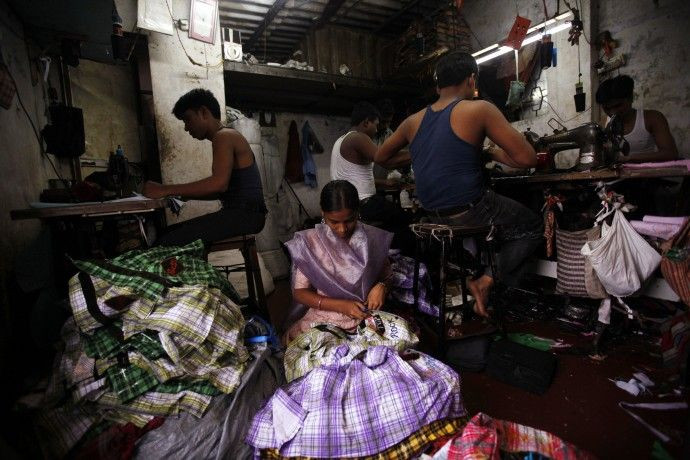SKS Microfinance up 13 pct following RBI guidelines

SKS Microfinance shares rose 13 percent on Thursday, a day after a panel appointed by the Reserve Bank submitted guidelines for the microfinance sector, providing clarity for the country's embattled industry.
The panel's recommendations include an interest rate cap of 24 percent on individual loans and a limit of two microfinance firms that can lend to the same borrower.
We feel the committee's recommendations will lead to an orderly and healthy growth of the sector, SKS Chief Financial Officer S. Dilliraj said in a statement.
The stock was up 9.3 percent in mid-day trade on the Bombay Stock Exchange. The shares, which have more than halved in value since the company went public in a hugely successful public offer last August, rose as much as 13 percent to touch a high of 756 rupees earlier in the session.
Analysts at Ambit Capital said: If implemented, we believe these will significantly erode the growth and profitability of the sector and especially SKS Microfinance.
While the immediate implications are negative from a growth and profitability perspective, the report seeks to establish a few structural positives for the MFI (microfinance institutions) sector, the analysts said in a research note.
The report proposes the RBI (Reserve Bank of India) as a sole regulator for MFIs, thus protecting the sector from the whims and fancies of politicians while also proposing that MFIs be given the flexibility to fix the frequency of repayment with their borrowers as deemed appropriate, they said.
SKS' Dilliraj also said the panel's recommendations clears the regulatory ambiguity that existed in the microfinance sector since the promulgation of the Andhra Pradesh Microfinance Ordinance.
The fast-growing Indian microfinance sector suffered a setback late last year when the state of Andhra Pradesh, which had the largest microfinance market in India, approved legislation to regulate the industry following complaints about high interest rates, aggressive recovery practices and overextended borrowers.
The RBI formed a panel in late October in response to the Andhra Pradesh rules, which severely curtailed microfinance activities in the state, curbed collections and hurt new business.
The stock of SKS, which is based in Hyderabad, the capital of Andhra Pradesh, has fallen about 30 percent since October when the state's new microfinance rules came into effect.
The stock has been hammered badly so I believe this is a relief rally, said Arun Kejriwal, founder of advisory firm Kejriwal Research & Investment Services.
But the issues at hand have not been debated or resolved. It will be a matter of time before people realize we continue to remain where we are, he said.
© Copyright Thomson Reuters {{Year}}. All rights reserved.





















